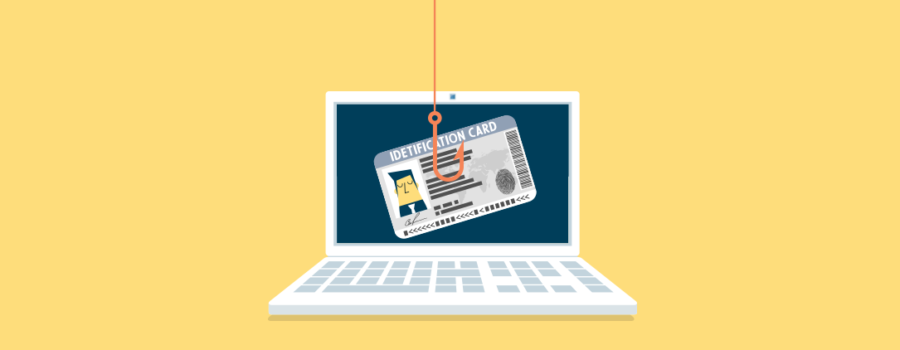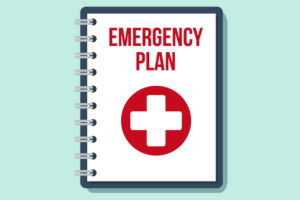In this week’s Focus on YOUR Money, we covered the dangers of identity theft. Here’s everything you need to know in five common questions:
Why would somebody steal my identity?
People live a good portion of their lives online now, and thieves have adapted accordingly. These criminals can now find identifying information online like your credit card or your Social Security Number and use them to make fraudulent purchases, apply for credit cards and loans, or even file taxes without any consequences to their credit record or financial history. This information is found and sold on the dark web, a criminal sector of the internet where thieves are almost impossible to catch. There is a new victim every two seconds—without a clear path to justice, the most important thing for you to focus on is prevention.
What are the consequences of identity theft?
There are many types of identity theft, each with slightly different consequences. The most common type of identity theft is strictly financial, where thieves use your credit line to buy things on your credit card. This can badly damage your credit score and make financial recovery a big headache. Other types of identity theft include medical (using your information to get false medical coverage and prescriptions), criminal (impersonating you when speaking with police), and concealment (using your information to hide from creditors).
Who is at risk for identity theft?
Everyone with a Social Security number can have their identity stolen, but the two demographics that are particularly vulnerable are children and seniors. Identity thieves will try to steal children’s identities to establish a “clean slate” identity, because kids don’t have a financial history yet. It’s important to pay attention to your children’s credit reports so you can catch suspicious activity early.
Criminals also target seniors because people are more trusting as they get older. These scams are usually over the telephone or through internet phishing. Remind your elders to be careful answering calls and emails from people they don’t know.
How do I avoid getting my identity stolen?
When it comes to identity theft, prevention is the most important thing. There are many measures you can take to keep your information safe, such as enabling two-factor identification on your online accounts, using strong passwords and secure web pages, shredding documents, and ignoring strange emails from people you don’t know. For detailed information on how to prevent identity theft, read more here or watch our latest webinar*.
What channels are safe?
Both FFS and our carrier partners take every possible measure to protect your information when you upload documents and images to our sites, so you can be sure that these channels are secure. This professional protection is why we provide agents with an FFS email address. There are also ways to protect your home network as more people start working from home during the spread of COVID-19; Consumer Affairs has recommendations for how to prevent identity theft in your home office.
Read our other articles in the Focus on Your Money series to get tips on saving, budgeting, and how to improve your credit score.
* Webinars are available to current FFS Agents.
FFS Agents – share this blog with your networks using our resources in the ABO.




